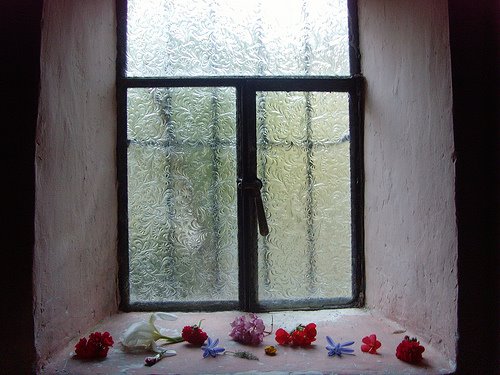Peruvian Front-Runner Humala Worries Many



Wednesday April 12, 2006 8:16 AM
By FRANK BAJAK
Associated Press Writer
LIMA, Peru (AP) - Ollanta Humala, the upstart populist who won the most votes in the first round of Peru's presidential elections, is a great admirer of President Hugo Chavez of Venezuela.
The two have a lot in common: Their political base resides in poor minorities disillusioned with a legacy of corrupt politicians. And, of course, both are career military men, unaccustomed to compromise.
Both also esteem the late Peruvian Gen. Juan Velasco, whose 1968-75 leftist dictatorship expropriated land from the wealthy, seized the media and drove away foreign investment.
That's precisely what worries defenders of Peruvian democracy - not to mention U.S. officials, who've become regular targets of Chavez's ``anti-imperialist'' vitriol.
Humala, whose opponent in an expected June runoff remained unclear Tuesday as ballot-counting continued, vows to respect freedom of speech and private property.
But many believe his moderate tone, particularly now that he's advanced to the runoff, to be a smokescreen. Chavez waited a few years after his 1998 election to begin fomenting class war and exacting higher royalties from foreign oil companies.
Humala, 43, courted Peru's poor and terrified its rich as he rose to prominence in the last eight months, promising to redistribute the country's wealth more equitably.
On Sunday, he won 31 percent of the vote, according to official results with 85 percent of vote counted. It was looking increasingly likely his runoff opponent would be Alan Garcia, a center-leftist former president, who was running second with 24.7 percent.
Ex-congresswoman Lourdes Flores was third with 23.5 percent. Widely seen as the candidate of the rich, Flores would have a tough time defeating Humala in a second round.
Humala's political base is the country's Indian and mestizo majority, especially Quechua-speaking highlanders who've been discriminated against for centuries by the country's European-descended political elite.
It was precisely those people in whose name Velasco subverted democracy. In December, Humala praised Velasco for ``returning dignity to the people who lived in the Andes. ... Velasco broke the semi-feudal system.''
Chavez has been a fan of Velasco ever since he met the dictator in Peru in 1974 as a visiting cadet. For years, he carried around a little blue book of Velasco's teachings that the Peruvian strongman gave him. Chavez even chose blue for the cover of Venezuela's rewritten constitution in Velasco's honor.
But Velasco's military dictatorship was a disaster by other measures. For one, it saw per capita public debt rise fivefold. And Peru, which previously had a trade surplus, became dependent on agricultural imports to feed its people.
Chavez's detractors say his government is a bully that has subverted democracy and persecuted the opposition - claims Chavez vociferously denies.
Many analysts believe Humala, based on his militarist upbringing and on anti-white statements his family has made, would do the same. They are particularly worried about accusations he oversaw human rights abuses while commanding a jungle counterinsurgency base in 1992, allegations Humala denies.
The U.S. State Department has held its tongue on Humala's first-place showing Sunday.
But Roger Noriega, the Bush administration's former top diplomat for Latin America, expressed worry.
``Humala apparently has very little to offer in terms of a constructive agenda,'' Noriega said in a telephone interview. ``I think there is a lot of concern that he would be the sort of polarizing populist that Chavez has been in Venezuela.''
Humala didn't calm those fears with an interview he gave Monday to Venezuela's state-run TeleSur network. ``I have immense respect for Chavez,'' he said. ``I think he's carrying out a process, perhaps the word is heroic, nationalist, patriotic.''


0 Comments:
Publicar un comentario
<< Home